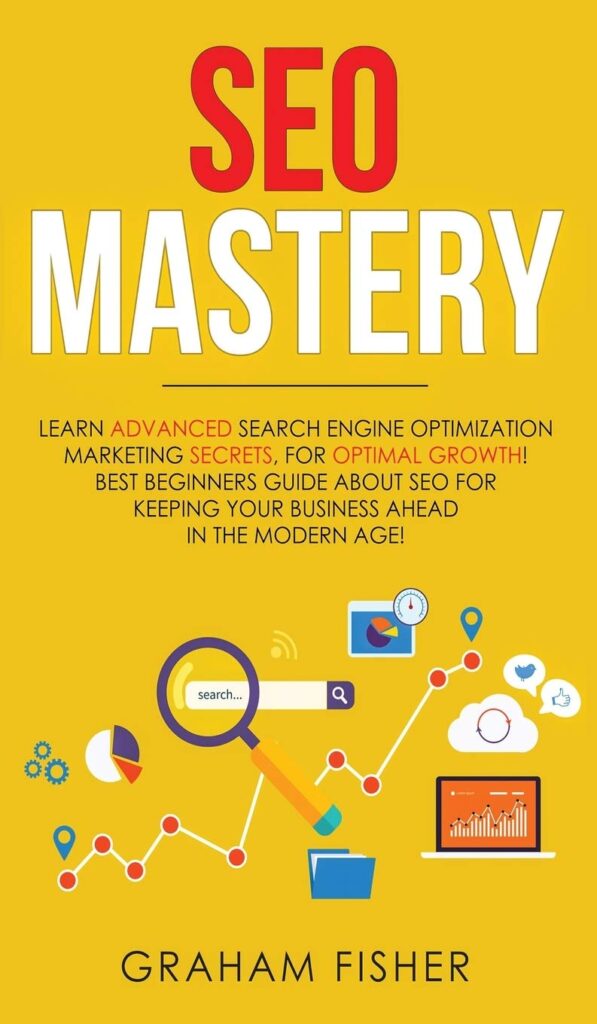SEO research is a cornerstone of successful digital marketing. It allows you to understand what your audience is searching for, identify opportunities, and optimize your content to rank higher on search engines. Whether you’re a seasoned team player now taking the reins as an individual or venturing into SEO for the first time, this guide will help you master the essentials of SEO research.
Start with Clear Objectives
Before diving into research, outline your goals:
Traffic Increase: Are you targeting more organic visits?
Keyword Targeting: Do you aim to rank for specific terms?
Conversion Boost: Are you focusing on leads or sales from search traffic?
Your objectives will guide the tools and strategies you use in your SEO research.
Knowing your audience is crucial. Define who they are, what they search for, and their online behaviors. Consider:
Demographics: Age, location, gender, and income.
Search Intent: Are they looking for information, making a purchase, or seeking a solution?
Pain Points: What problems are they trying to solve?
Use tools like Google Analytics and social media insights to gather this data.
Use Keyword Research Tools
Keywords are the foundation of SEO. Tools like Google Keyword Planner, SEMrush, and Ahrefs can help you identify high-volume and low-competition keywords. Follow these steps:
Start with seed keywords based on your industry or niche.
Expand with related terms and long-tail keywords.
Analyze keyword difficulty and search volume.
For example, if you’re working on location pages, include keywords like “best auto repair in Sydney” or “top healthcare services in Newcastle.”
Analyze Competitors
Researching your competitors can reveal gaps and opportunities. Here’s how:
Identify competitors using tools like Ahrefs or SEMrush.
Examine their top-ranking pages and the keywords they target.
Assess their backlink profiles to find link-building opportunities.
This step helps you understand what strategies are working in your industry.
Focus on Location-Based Keywords
Since you’re working on location pages, emphasize local SEO. Include:
Location Modifiers: Add city, suburb, or region names to your keywords.
Google Business Profile Optimization: Ensure consistent NAP (Name, Address, Phone) details.
Local Directories: List your business in local directories for better visibility.
Example: “Affordable dental clinics in Denver” or “Luxury car services in Gold Coast.”
Conduct Content Gap Analysis
A content gap analysis helps identify topics your competitors cover but you don’t. Tools like SEMrush’s “Content Gap” feature or manual comparisons can uncover:
Missing blog topics.
Underserved audience queries.
Potential FAQ opportunities.
This ensures your content aligns with user intent and fills market gaps.
Evaluate Search Engine Results Pages (SERPs)
Analyze SERPs for your target keywords:
What types of content rank? (Blogs, videos, location pages, etc.)
Are there featured snippets or People Also Ask sections?
Who ranks on the first page, and what are their domain authorities?
This research helps tailor your content to match search intent.
Build a Comprehensive Backlink Strategy
Off-page activities, like backlink building, are crucial. To create an effective backlink strategy:
Find high-authority websites in your niche.
Reach out for guest posts or collaborations.
Use tools like Ahrefs to find competitors’ backlinks and target those sources.
Remember, quality over quantity is essential for backlinks.
Monitor Trends and Updates
SEO is dynamic, with frequent algorithm updates and changing search behaviors. Stay updated by:
Following trusted SEO blogs like Moz, Search Engine Journal, and Ahrefs.
Using Google Trends to identify rising search topics.
Attending webinars or joining SEO communities.
Track and Analyze Performance
After implementing your research findings, track your performance to refine your strategy. Use:
Google Search Console: Monitor clicks, impressions, and rankings.
Analytics Tools: Assess user behavior, bounce rates, and conversions.
Keyword Tracking Tools: Check how your targeted keywords are performing.
Conclusion
Conducting SEO research as an individual can be a rewarding experience when done methodically. By defining your objectives, leveraging the right tools, analyzing competitors, and focusing on both on-page and off-page SEO, you can create a robust strategy that delivers results. Remember, consistency and adaptability are key to staying ahead in the ever-evolving world of SEO.




One thought on “How to Conduct Effective SEO Research”